

The future is coming into view. Donald Trump’s victory strengthened the decades-long attack on the role of government. But we’ve got the tools to fight back, and we’re not alone.
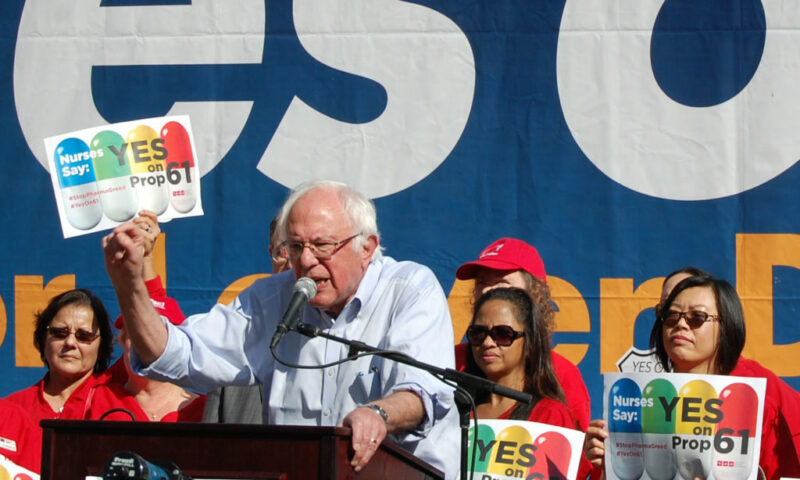
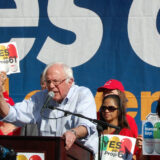
“This could be the shot heard round the world!” Vermont Senator Bernie Sanders told a Los Angeles rally held Monday in favor of Proposition 61. About 650 office workers, health-care activists and California nurses gathered that morning in Pershing Square to support the drug pricing initiative.


“No whining, no griping, pull yourself up by your bootstraps.” That’s how Susan Story describes the hard lessons she learned growing up in rural Alabama. Then why is the corporation she leads as chief executive officer, American Water, complaining about opposition to its plans in West Virginia?
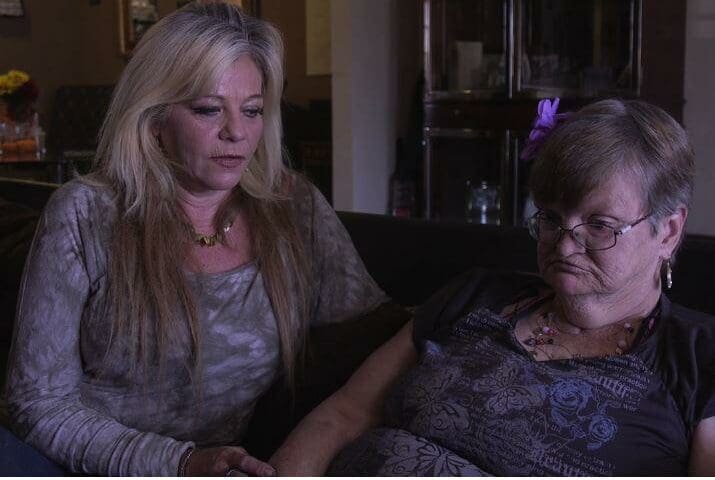

Toni Monique is an in-home caregiver who talks like a political philosopher when she is not taking care of her sister, Tonya Ginn, in Buena Park. When told that the Freedom Foundation, an organization with financial ties to right-wing billionaires Charles and David Koch, had recently moved into California to undermine her union, she got downright angry.
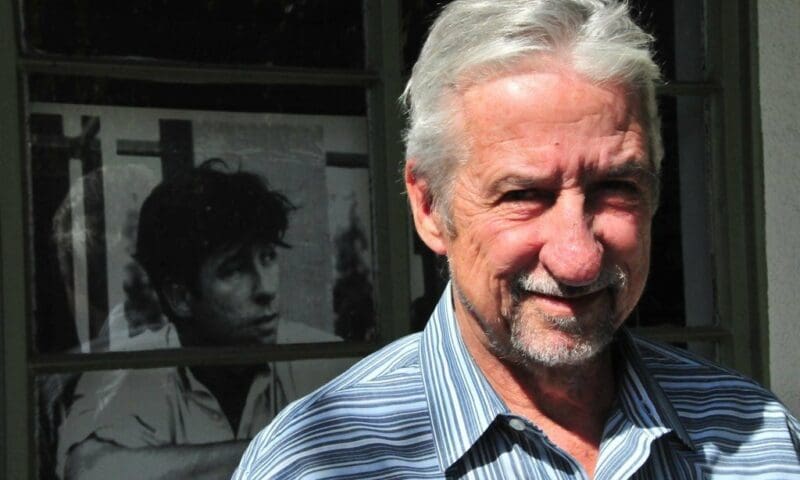

Tom Hayden was the leader of a generation that disdained leaders. A thinker who could articulate the agonies of young dissenters to the larger world in plain English and a life-long activist who believed that Americans could move our country towards increased justice and fairness.


Tennessee Governor Bill Haslam, whose family owns the Pilot Flying J chain of truck stops, has refused to release his tax returns since running and being elected in 2010. It wouldn’t matter so much if Haslam were your run-of-the-mill governor. But he’s the country’s richest politician, with a net worth of $2 billion.


A four-month pilot program to control and confirm medical cannabis from Humboldt County began August 1, and will be extended another month through the end of the year. The program, dubbed “track and trace,” involves growers, manufacturers and dispensers in compliance with Humboldt’s Medical Marijuana Land Use Ordinance.
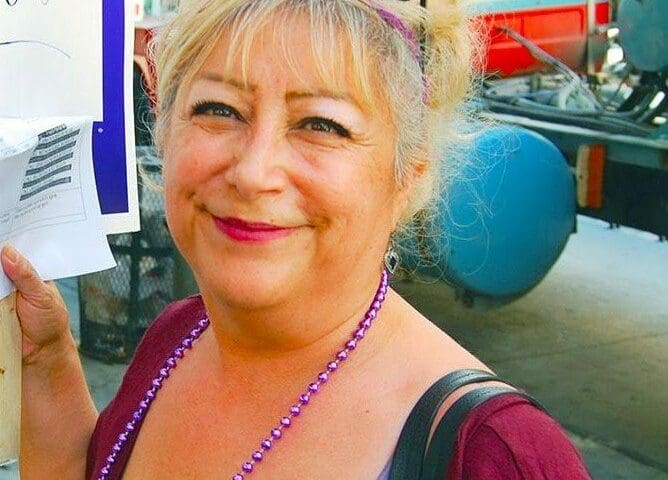

Call it the tale of two pension crises. In June, the Los Angeles Times’ business pages looked at the looming retirement savings disaster caused by the nearly 40-year transition from employer-sponsored defined-benefit pensions to individual 401(k) plans — a sea change in retirement insecurity, it noted, that “has been a failure for all but the wealthiest Americans.”


Devin Browne’s short-subject film Hotel Arizona debuted in Los Angeles October 13 at the Highland Theater in Highland Park. The 22-minute story is about a young woman who, with her mother, runs a hotel where migrants stay, and who devises a way to “Yelp” the smugglers who bring people across the border and rip them off—or worse.


Sasha Abramsky: Why hopes are riding on the Build Better LA Initiative.


Depending on whom you ask, Solly Granatstein and Rick Rowley have spent their careers either causing trouble or exposing truths. As investigative journalist-filmmakers they have been on the front lines of digging up facts and battling the status quo, all to expose injustice. They’ve been pretty damn good at it too.


EPIX’s new documentary series America Divided bravely tackles America’s myriad problems that stem from systemic inequality. Created by acclaimed filmmakers Solly Granatstein, Rick Rowley and Lucian Read, and executive produced by Lear and the singers Shonda Rhimes and Common, the series reveals a tale of two Americas that coexist in a twisted parallel universe.


Did you know that one speeding ticket in Kansas could land you in jail? That’s what happened to David Jackson in 2011 after he couldn’t afford a $100 fine for speeding. Collection had been outsourced to a private contractor, and his bill quickly ballooned to $2,200 with court costs, jail fines and the contractor’s extra fees.
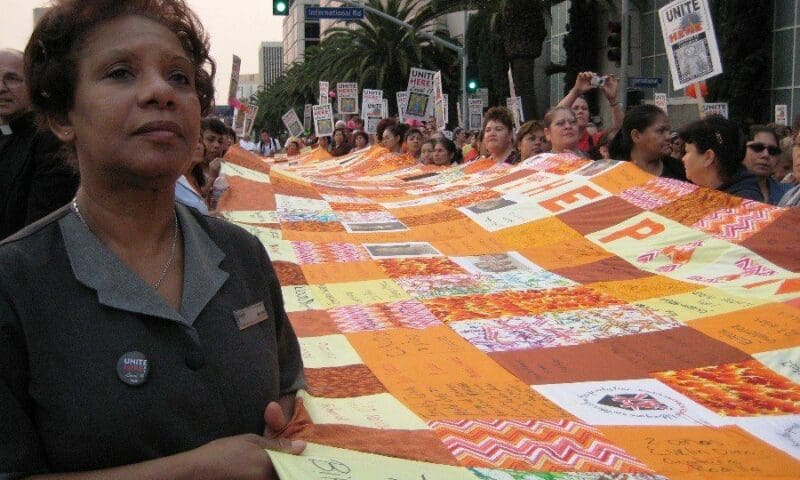
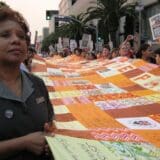
The theater piece Changing Lives, Changing LA – Hotel Workers Rising was created through many interviews, cut-and-paste pieces of script stuck up on a wall and moved around, lots of serendipity and much heart. It makes its debut Friday at Loyola Marymount University.


In Santa Monica a group of residents – frustrated by traffic and angry at developers – has placed a no-growth measure on the local ballot. It would force nearly all new projects higher than 32 feet to a citywide vote. The backers of Measure LV say that it’s buildings of all kinds – whether they house people or create jobs – that bring choking traffic.


Last Wednesday was a big day for In the Public Interest. We released one of our longest and most wide-ranging reports, How Privatization Is Increasing Inequality. The report describes how the privatization of public goods and services disproportionately impacts poor individuals and families, and people of color.


In 2011, Antonio Ramirez* was working in an Inland Empire warehouse, where he’d spent several hours emptying and sweeping out a metal freight container. With the indoor heat level passing 100 degrees, Ramirez showed symptoms of heat stroke – but his employers failed to take any action to help him and Ramirez was forced to call his son to take him to the hospital. He was hospitalized for three days due to heat stroke.
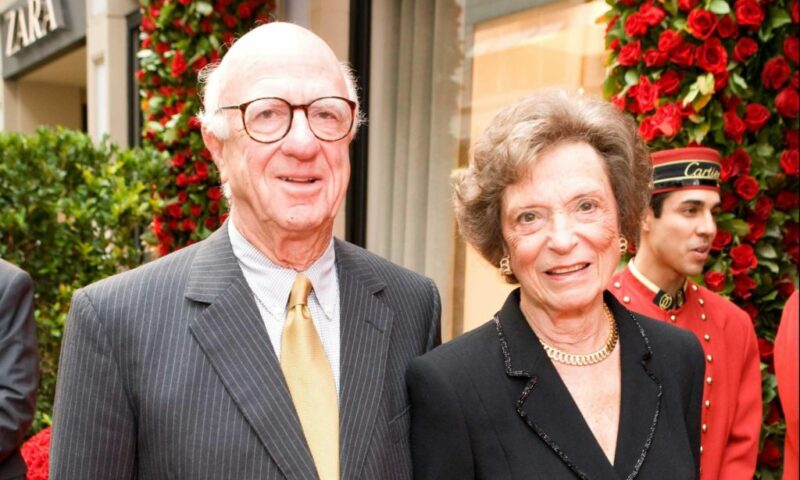

Born Doris Feigenbaum in 1931 in New York, Fisher and her husband struck modern-day gold in San Francisco when they founded the first Gap store there in 1969. By all indications, Doris and her husband, who passed away in 2009, worked hand in hand building the brand — which, like many global retailers, has also faced intense scrutiny for its labor practices.
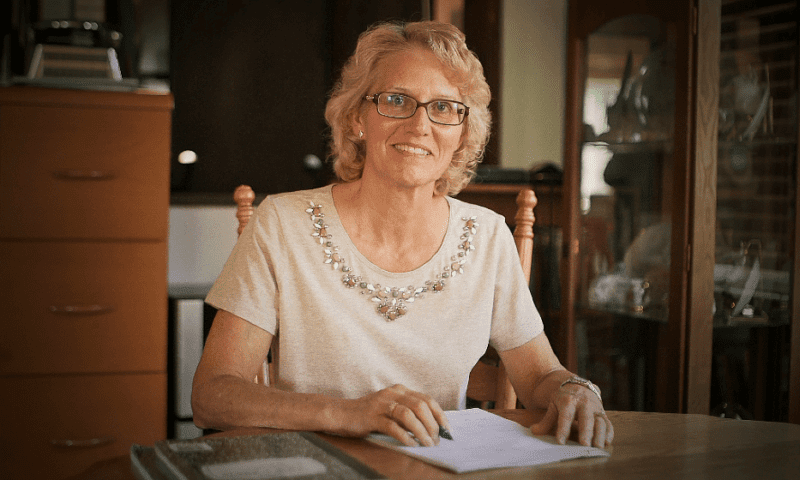

In the spring of 2008, Underwood was an eager and popular young assistant band director at a high school in Moreno Valley, a suburban enclave in Riverside County, but the first clouds of what would soon be called the Great Recession were gathering in New York — and were clearly visible to Underwood.
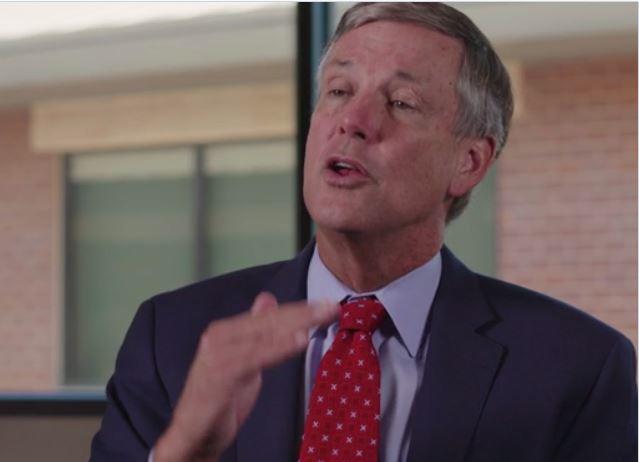

Four years ago California voters overwhelmingly passed Proposition 30 and rescued public schools and community colleges from the Great Recession’s economic free-fall. But the measure is scheduled to expire at the end of 2018, which could again place the state’s still-wobbly public schools on the edge of a fiscal precipice.